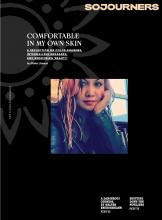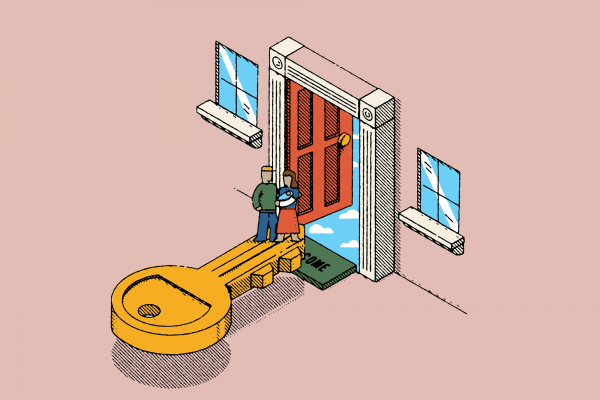IN THE PAST three years, the Trump administration has upended decades of legal precedent that created a humane legal process for asylum seekers to enter the U.S. and build a life for themselves while they wait to plead their case in front of an immigration judge.
Asylum is a protection available to foreign nationals already in the United States or at the U.S. border who meet the international law definition of a “refugee.” A refugee is a person who can’t go home because of “past persecution or a well-founded fear of being persecuted in the future” due to their race, religion, nationality, membership in a particular social group, or political opinion, according to the United Nations.
On the U.S. Southern border, these are people fleeing organized violence and government repression. Under Trump administration “third-country” agreements, the U.S. will now be deporting many asylum seekers back to the same countries that they are fleeing.
While this scenario is exactly what Trump’s lead immigration policy adviser, Stephen Miller, has always dreamed of, it is not one we have to accept.
People have offered one another sanctuary in various forms throughout history. Christianity has a long tradition of such radical welcome—including biblical texts making clear the mandate to “welcome the stranger” and hundreds of churches that opened their doors as sanctuaries to runaway slaves in the 1860s, civil rights and anti-war activists in the 1960s, and migrants from Central America in the 1980s.
Read the Full Article

